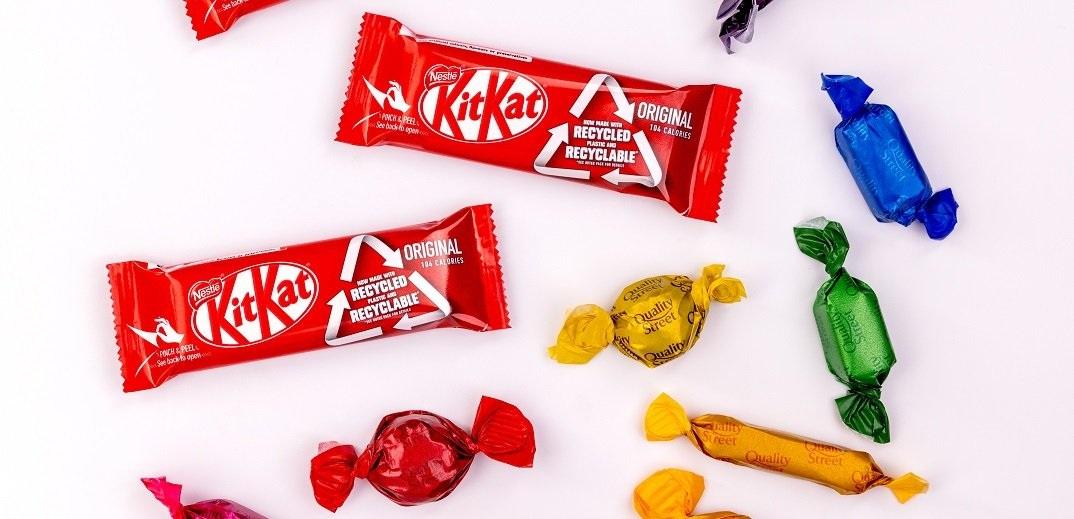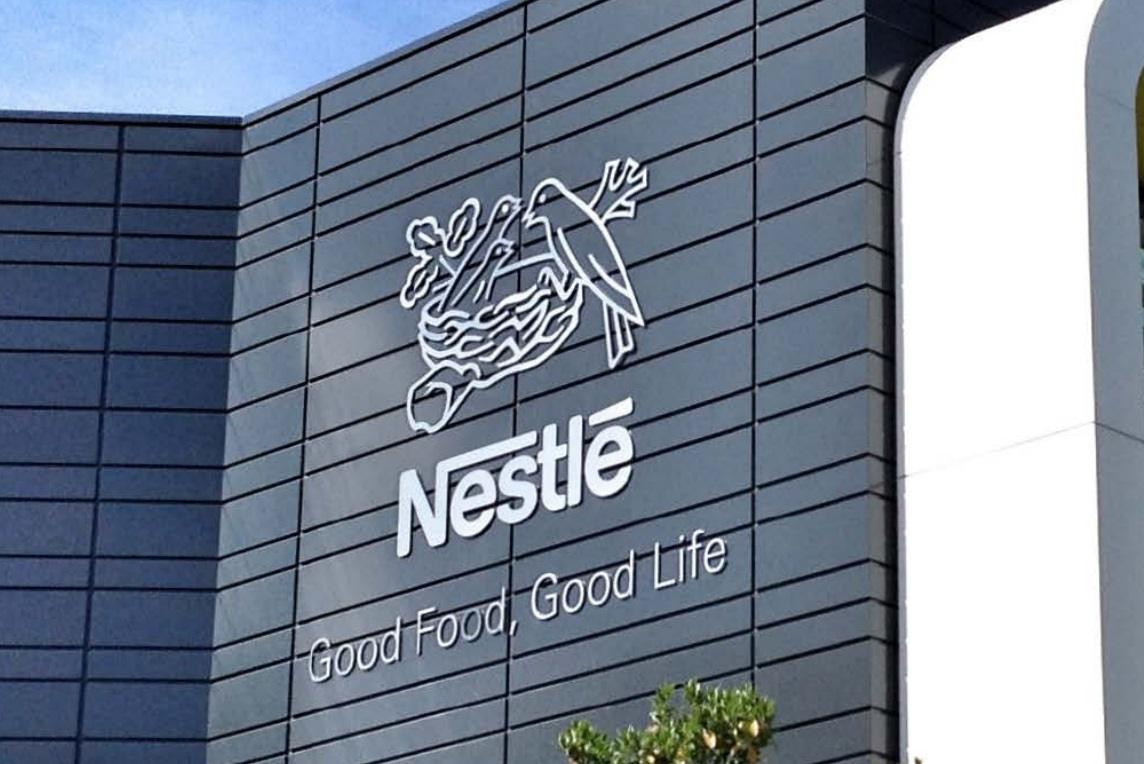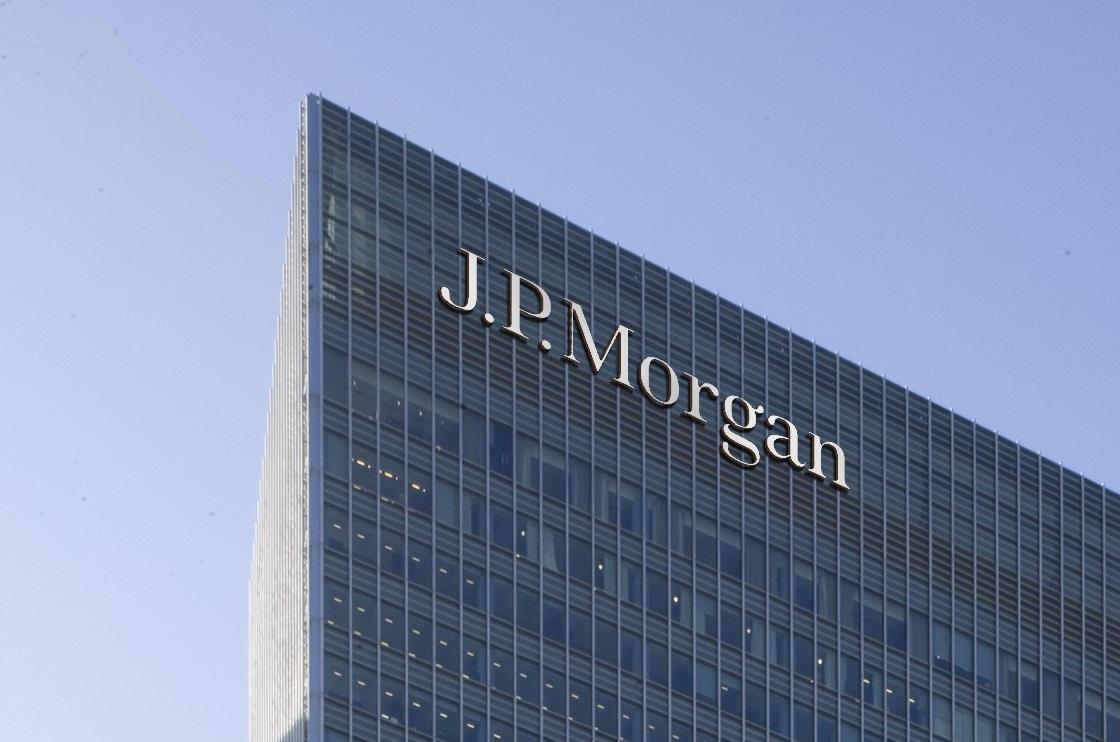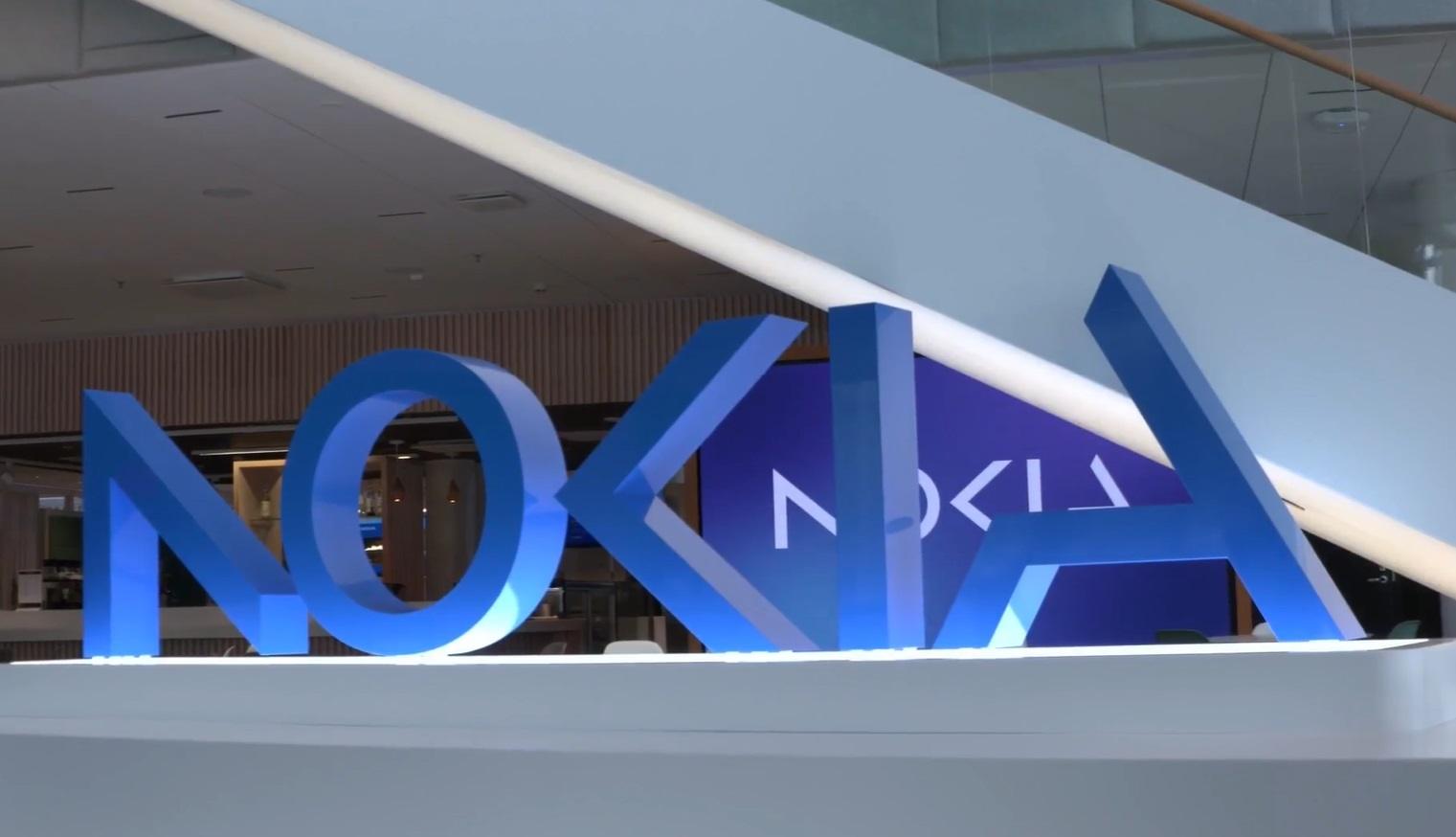Nestlé Shifts Kit Kat, Quality Street Brands to Recyclable Packaging
Global food and beverage company Nestlé announced today initiatives to shift two of its confectionary brands in the UK to more sustainable packaging, with Quality Street moving to recyclable paper packaging for its twist-wrapped sweets, and Kit Kat introducing wrappers made with 80% recycled plastic.
In total, the moves are expected to eliminate more than three billion pieces of packaging from Nestlé’s supply chain.
Richard Watson, Business Executive Officer at Nestlé Confectionery said:
“Nestlé Confectionery is taking a leadership position on packaging sustainability as we work towards reducing our use of virgin plastic by one third and making all our packaging recyclable or reusable within the next three years. The changes we are announcing today have been informed by detailed lifecycle assessments that have enabled us to identify solutions with a lower environmental impact than our current packaging.”
The new Kit Kat wrappers will use the highest proportion of recycled food-grade plastic of any major UK & Ireland confectionery brand. The wrappers can be recycled at stores across the UK and in household recycling in Ireland.
Quality Street will see its products shift from dual foil and cellulose packaging material to recyclable FSC-certified paper packaging, making it Nestlé’s second brand, after Smarties, to move to paper. The transition is expected to take place over the next few months. Two of the company’s flavors will remain in their current wrappings, which are already recyclable.
Louise Barrett, Head of the Nestlé Confectionery Product Technology Centre in York, said:
“With nine different sweets to consider, the transition has been a huge undertaking. Each of our existing machines need to be adapted to run paper and then rigorously tested by our packaging experts to ensure we’re still delivering the same quality consumers expect when they open a box of Quality Street.”
Nestlé has committed to make 100% of its packaging recyclable or reusable by 2025.





